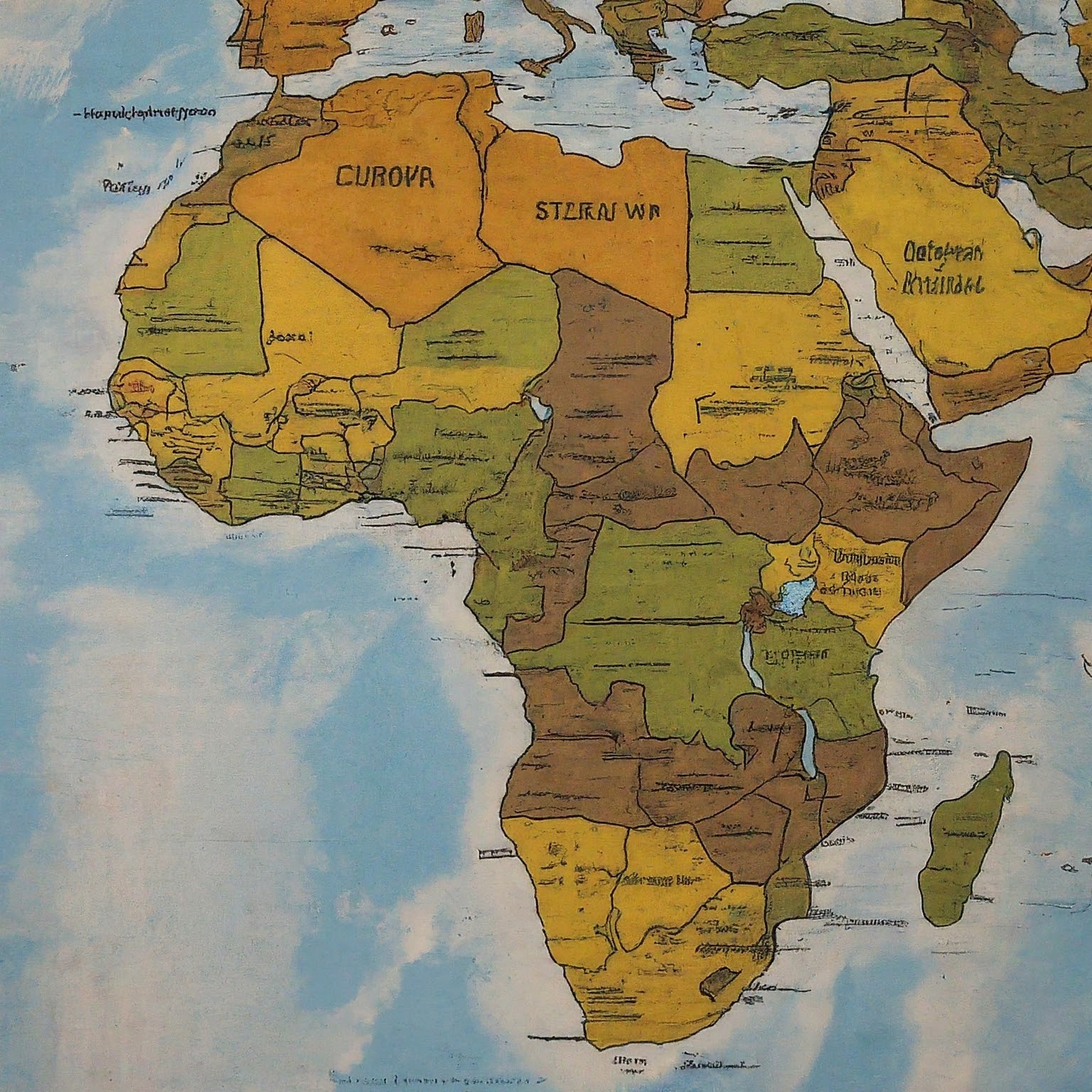If you’ve ever encountered a phone number starting with the intriguing digits 234, you might have wondered, “Where is country code 234?” Prepare to embark on a virtual journey to the heart of West Africa, as we explore the culturally rich and economically diverse nation that lies behind this code: Nigeria.

Nigeria: The Giant of Africa
Nigeria, officially the Federal Republic of Nigeria, is a country located in West Africa. It is the most populous country on the continent and the seventh most populous country in the world. With a population exceeding 200 million people, Nigeria is a melting pot of diverse ethnic groups, languages, and cultures.
Geographic Location
Nigeria is bordered by Benin to the west, Chad and Cameroon to the east, and Niger to the north. Its southern coast lies on the Gulf of Guinea, part of the Atlantic Ocean. The country spans a vast area, encompassing various landscapes, from tropical rainforests in the south to savannas in the north.
Political Structure
Nigeria is a federal presidential republic, with a president as both head of state and head of government. The country is divided into 36 states and one Federal Capital Territory (Abuja). Each state has its own governor and legislative assembly.
The Significance of the 234 Country Code
The 234 country code serves as the international dialing prefix for Nigeria. When you dial a number starting with +234, you are connecting to a Nigerian phone number. This code is essential for international communication with Nigeria and plays a vital role in the country’s global connectivity.
Cultural Richness and Diversity
Nigeria boasts a rich cultural heritage that reflects its diverse ethnic groups and historical influences. The country is home to over 250 ethnic groups, each with its unique language, traditions, and customs. Some of the major ethnic groups include the Hausa-Fulani, Yoruba, and Igbo.
Music and Dance
Nigerian music is renowned worldwide for its infectious rhythms and diverse genres. Afrobeats, a fusion of West African and Black American music, has gained global popularity in recent years. Traditional music and dance forms vary across different ethnic groups, with colorful costumes, intricate movements, and captivating storytelling.
Art and Literature
Nigerian art encompasses a wide range of styles, from traditional wood carvings and sculptures to contemporary paintings and installations. Nigerian literature has also produced internationally acclaimed authors, such as Chinua Achebe, Wole Soyinka, and Chimamanda Ngozi Adichie, who have explored themes of identity, colonialism, and social change.
Cuisine
Nigerian cuisine is a vibrant and flavorful reflection of its diverse cultural influences. Staple foods include rice, yams, plantains, and cassava, often served with stews, soups, or sauces made with various vegetables, meats, or fish. Popular dishes include jollof rice, egusi soup, and suya (grilled meat skewers).
Economic Powerhouse
Nigeria is a major economic player in Africa, with a diverse economy that includes oil and gas production, agriculture, manufacturing, and services. The country is a significant exporter of crude oil and natural gas, contributing significantly to its GDP.
Economic Challenges and Opportunities
While Nigeria has vast economic potential, it also faces challenges such as poverty, inequality, and infrastructure deficits. However, the country is actively working to diversify its economy, invest in human capital, and create a more inclusive and sustainable future.
Nigeria in the Global Arena
Nigeria plays a prominent role in regional and international affairs. It is a member of the African Union, the United Nations, OPEC, and the Commonwealth of Nations. The country’s size, population, and economic influence make it a key player in shaping the future of Africa.
Tips for Calling Nigeria
If you’re planning to call Nigeria from another country, here are some helpful tips:
Dialing Format: Use the international dialing prefix for your country, followed by the 234 country code, the area code (if applicable), and the local phone number.
Time Zones: Nigeria is in the West Africa Time zone (WAT), which is one hour ahead of Coordinated Universal Time (UTC+1).
Cultural Etiquette: Be mindful of cultural norms and customs when interacting with Nigerians. Respect for elders and greetings are important aspects of Nigerian culture.
Conclusion: A Country with Endless Potential
The 234 country code is much more than just a numerical identifier. It’s a gateway to a vibrant and diverse nation with a rich cultural heritage, a burgeoning economy, and a promising future. Whether you’re interested in exploring Nigeria’s natural beauty, immersing yourself in its cultural traditions, or doing business in this dynamic market, understanding the significance of the 234 country code is an essential first step.


